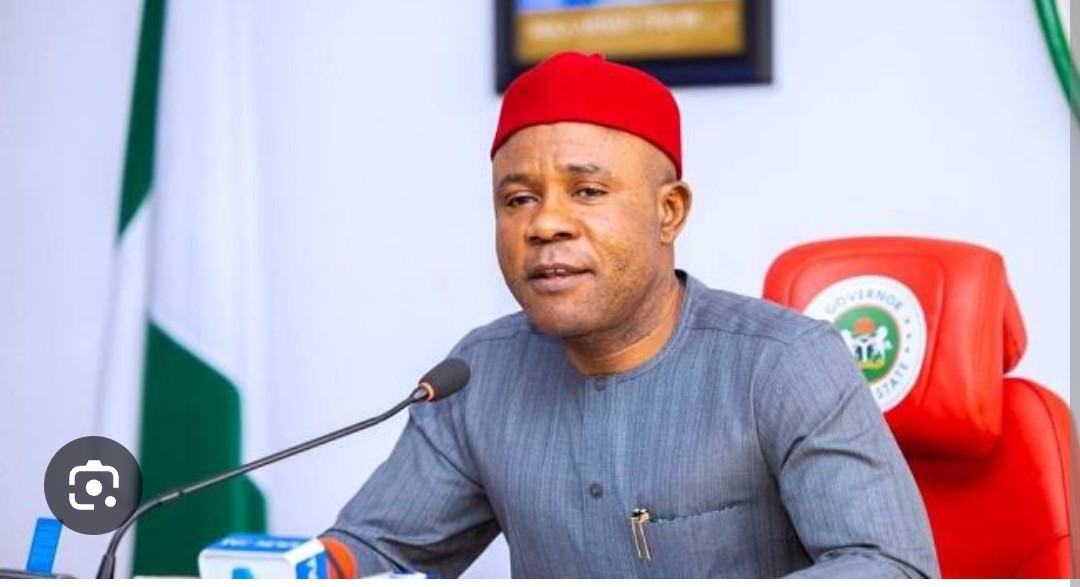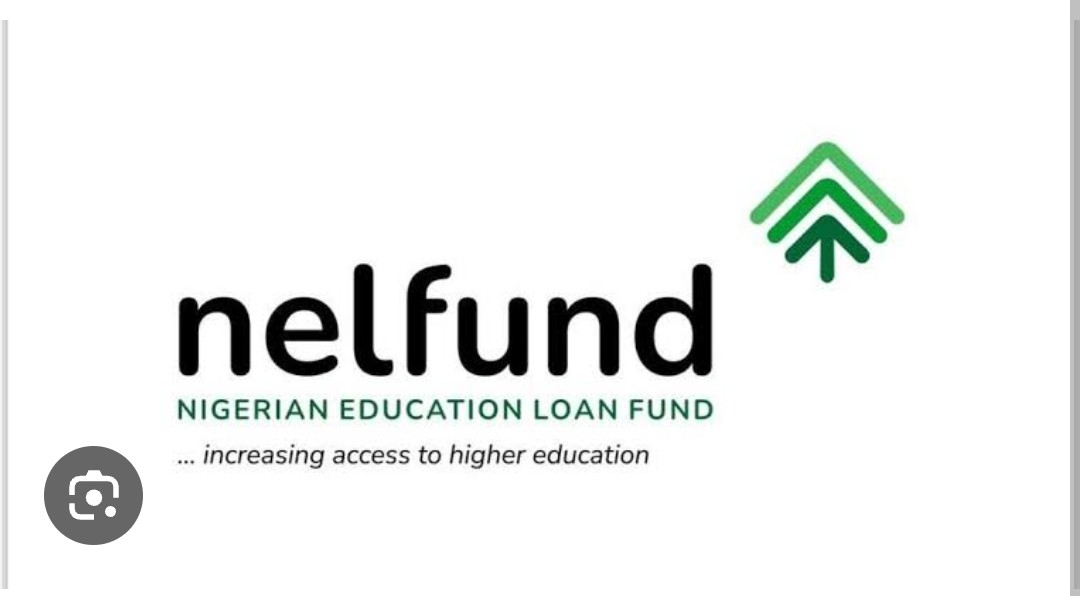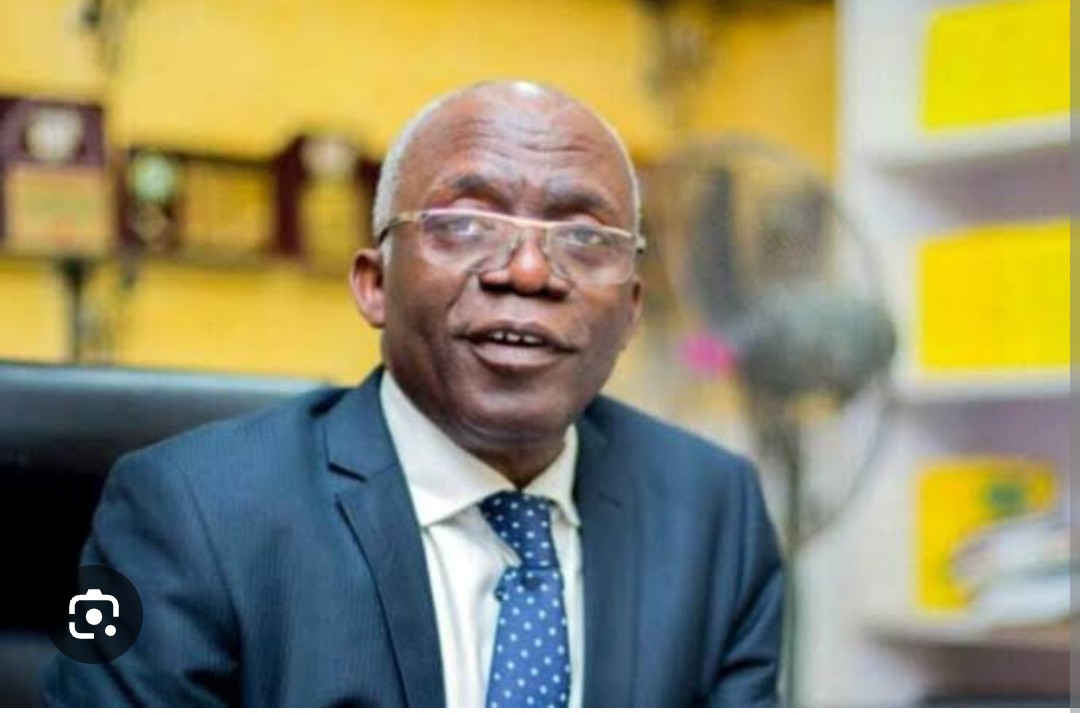Enugu State Governor Peter Mbah has called for an urgent reform of Nigeria’s education system, criticizing its failure to produce inventive, innovative graduates due to a lack of experiential learning. Speaking at the first Enugu State University of Science and Technology (ESUT) Distinguished Personalities Lecture Series, Governor Mbah stressed that Nigerian students are not equipped with the productive skills needed to drive economic transformation.
The lecture, entitled “Experiential Learning: Building the Wealth of the Nation”, highlighted a pressing need to pivot from rote memorization to a hands-on learning approach. Governor Mbah argued that without experiential learning, Nigerian universities are ill-prepared to match their global counterparts. He posed thought-provoking questions: “Why do Nigerian universities seldom feature on the global ranking list of the world’s best universities? Why have they seemed perennially unable to become the ideas factory which universities ought to be? Why are our universities not producing inventive graduates?”
Governor Mbah did not mince words on the educational shortcomings that, in his view, are holding back national development. He explained, “The answers to these questions lie in many inconvenient truths, amongst which is the fact that the learning in our schools, from basic to tertiary, has for years not imbued our young people with productive skills and competencies. This is a root cause of our underdevelopment.”
He also pointed out that globally, leading economies like the United States, China, Germany, and the Netherlands have focused investments on experiential learning ecosystems that prioritize practical skills. This focus, Mbah emphasized, has played a significant role in these nations’ economic leadership.
In Enugu, Mbah is spearheading initiatives to bridge this gap. His administration has allocated 33 percent of the state’s budget to education, with plans to establish 260 “smart green schools” across the state’s wards, integrating hands-on, experiential learning at all levels of education. He shared his vision for a seamless educational pipeline where students transition from foundational learning to practical innovation, calling for similar reforms across Nigeria.
He announced a new directive, mandating experiential learning across all state-owned tertiary institutions in Enugu. “So, we hereby announce as a policy that all state-owned tertiary institutions in Enugu State must henceforth deliver experiential learning to our children. We want to see this change reflected in planning, budget, curriculum reform, assessment and promotions, as well as research,” he declared. According to him, experiential learning “fosters critical thinking, creativity, and collaboration” and redefines students as “active problem-solvers” rather than passive learners.
The governor’s forward-thinking approach was widely lauded by academic leaders at ESUT. Vice Chancellor Alloysius-Michael Okolie, Pro-Chancellor Chinyeaka Oha, and lecture chair Obiora Ike each praised Mbah’s dedication to transforming education, expressing optimism for the future of Enugu’s students.
This move, Mbah believes, is pivotal to fostering a generation of graduates who are ready to lead in innovation and propel Nigeria’s economic growth.












